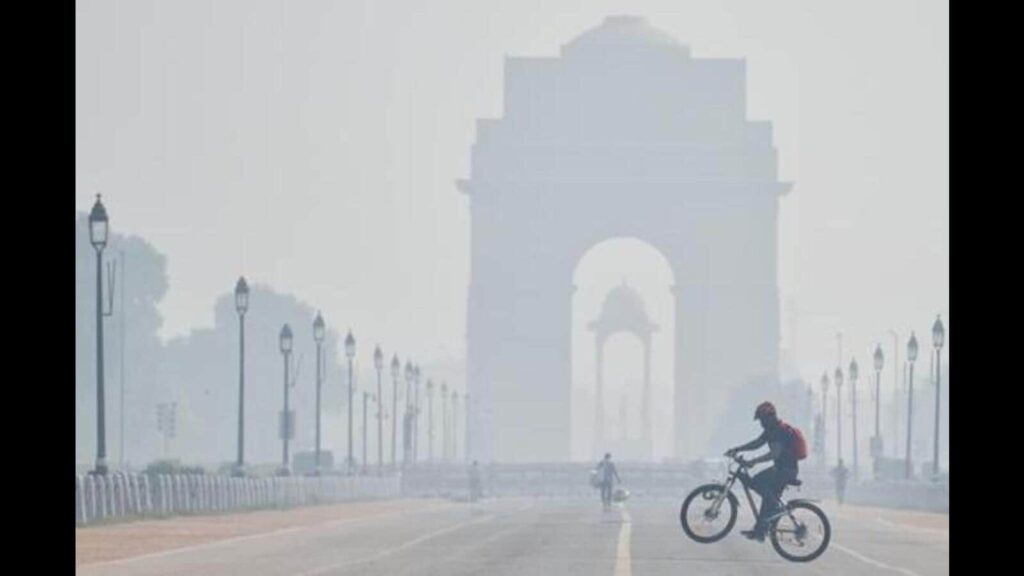Public memory of air pollution is fickle. Every year, as winter sets in, it takes centre stage for a few weeks as North India is shrouded in haze. But as the smog lifts, so does much of the resolve to work on an annual crisis in any persistent, sustained manner — or so it would seem from the abject failure in avoiding the yearly deja vu. Last week, two studies provided reminders of how bad air is killing us. The first, from researchers in Spain, found long-term exposure to air pollution was associated with a lower antibody response to Covid-19 vaccines. The authors of the study published in Environmental Health Perspectives believe the microscopic particles in bad air cripple the immune system’s response by inducing “oxidative stress” and causing inflammation, effectively decreasing the production of antibodies and other immune responses.
In a second study, published in Nature, scientists from the United Kingdom found a strong possibility that PM2.5 particles in the air can promote lung cancer in people with certain mutations in lung cells. That bad air is dangerous is hardly a new assessment. The latest research studies, especially the first one, show India, by virtue of inaction on its biggest environmental challenge, is that much more at a disadvantage in tackling a pandemic. The country and its decision-makers cannot afford to be lulled into complacency by the lack of an active Covid-19 wave, or smoggy skies — the two crises have claimed enough lives already.

